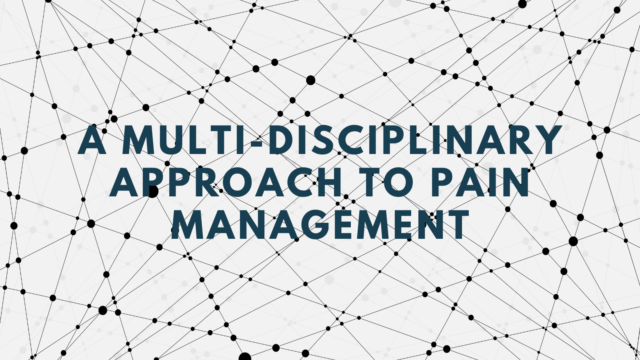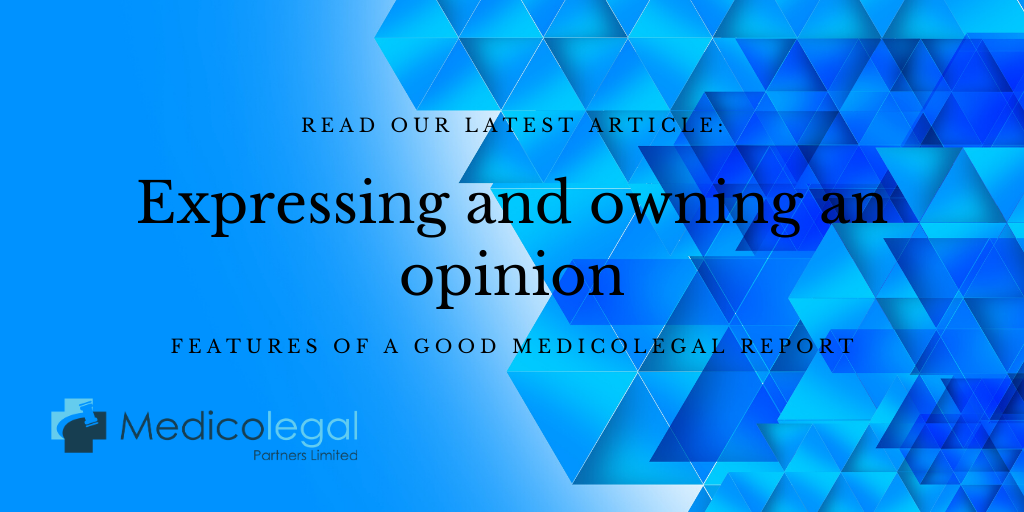The Medicolegal Implications of Hindsight Bias

In the context of clinical medicine, bias is the predisposition to form premature or undue impressions that are not based on the actual data to hand. Hindsight bias refers to the tendency to exaggerate one’s own ability to predict the inevitability of an outcome once that outcome is already known. It differs from other types of bias that may affect decision-making in that it is essentially retrospective in nature. Hindsight bias arises from a combination of three factors: memory distortion, beliefs about the objective likelihood of certain events occurring, and subjective beliefs about one’s own ability to predict events. It stems in part from an individual’s tendency to recall information consistent with their current knowledge of events, a view of the environment as orderly and predictable and a desire to avoid blame when things go wrong.
Clinicians are often asked to review cases in which another healthcare professional provided care to a patient who subsequently experienced an adverse outcome, in order to give an opinion on whether the treatment given met the expected standard of care. Such reviews may be required for a number of reasons. These include participation in medical review panels that assess care following a patient death or for the purpose of ongoing monitoring of quality of care provided by staff members, or for the purpose of serving as an expert witness in a case of alleged medical negligence. If the clinician carrying out the review concludes that the treatment provided was inadequate in some way, the healthcare provider may be subject to disciplinary action or legal liability. It is therefore crucial that the reviewer seeks to minimise all potential sources of bias when offering an opinion.
When reviewing the events leading up to an adverse outcome, such as a patient death, clinicians who are subject to hindsight bias may simplify and criticise the decisions made during treatment, based on information that was not available at the time and without appreciating the circumstances and difficulties involved with that particular case. What seems obvious today may have been just one of several possibilities at the actual time the relevant events took place. Hindsight bias is known to play a significant role in the evaluation of events leading up to an adverse outcome and has been demonstrated in many settings, both medical and judicial. Therefore, it obviously has the potential to impact on the fairness of judgements.
Evidence from several studies suggests that clinicians in numerous fields of medicine may be susceptible to hindsight bias. Studies in which groups of participants are provided with identical sets of clinical case scenarios show that care is more likely to be rated as substandard if the participants are told that the patient experienced an adverse outcome, such as death or permanent injury. This is important, because if these risks are exaggerated, the causal role of the actions or omissions of the treating doctor may be overestimated. This may result in an unjustified evaluation that is disproportionately based on a poor outcome, rather than poor care.
Conversely, the presence of hindsight bias raises the possibility that case reviews might actually fail to identify healthcare errors when a patient’s care has been substandard but the patient suffered no significant harm. In this scenario, the opportunity to learn from a ‘near-miss’ event is lost. In fact, identifying opportunities for learning and improvement can be an unexpected benefit of hindsight bias. The tendency to be more critical of antecedent care when a patient dies could help to bring about improvements in treatment systems and processes that may reduce the possibility of future errors, thus enhancing patient care.
Although it is important to recognise hindsight bias, preventing it is difficult. Any expert opinion or case review must take into account the circumstances surrounding the original treatment or diagnosis before any judgement can be made. Ideally, information surrounding the patient outcome should be withheld from those acting as expert witnesses. In reality, this is not always possible.
There is some evidence that clinicians who have more experience in forensic practice or who have received forensic training are less susceptible to hindsight bias. Due to the routine scrutiny of their opinions by lawyers, judges and juries, such practitioners may use a more standardised approach to risk assessments and case reviews that results in opinions that are based on case content rather than outcome. Thus, any intervention that encourages reviewers to consider alternative causal explanations for a given outcome may help to reduce hindsight bias.
Courts have developed several additional strategies to prevent hindsight bias in jurors, including techniques used in closing arguments, special juror instructions and bifurcated hearings, where the proceedings are split into distinct adjudicatory and disposition phases, and these may also be applicable to medical negligence cases. Furthermore, specific training for expert witnesses in identifying and preventing hindsight bias may also be helpful. However, it is important to recognise that the strength and universality of hindsight and other biases, and the difficulty of not revealing the outcome to expert witnesses, may render strategies to reduce hindsight bias relatively ineffectual. Therefore, education about the potential effects of such bias is needed for all those involved in medical negligence cases.
Further reading:
Banham-Hall E, Stevens S. Hindsight bias critically impacts on clinicians’ assessment of care quality in retrospective case note review. Clin Med (Lond). 2019 Jan;19(1):16-21. doi: 10.7861/clinmedicine.19-1-16. PMID: 30651239; PMCID: PMC6399623.
Roese NJ, Vohs KD. Hindsight Bias. Perspect Psychol Sci. 2012 Sep;7(5):411-26. doi: 10.1177/1745691612454303. PMID: 26168501.



